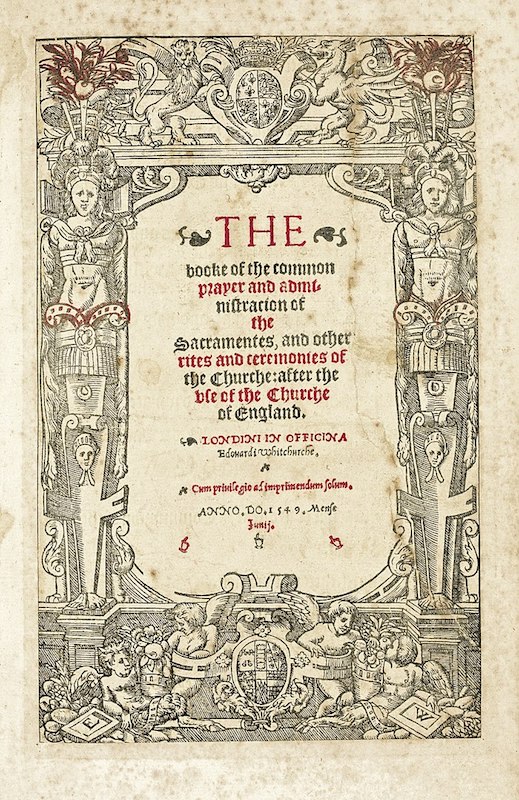Daily Office Readings for March 27, 2020:
AM Psalm 95 [for the Invitatory] 102; PM Psalm 107:1-32
Exod. 2:1-22; 1 Cor. 12:27-13:3; Mark 9:2-13
In our Epistle today, Paul talks about being the Body of Christ–which seems really poignant at a time all Episcopal churches are closed in order for us to all do our part with social distancing to keep COVID-19 at bay.
Many clergy have been “innovating,” shall we say, but what I love is many of them are innovating with something that was always there, waiting for any of us, in the Prayer Book–our Daily Office. As we search for new temporary ways to be the church without being IN the church, posting videos and getting on social media and praying one of the Offices together. (I chose to teach my parish the beauty of Compline, but before this is all over with, I’ll probably do some of the other offices.)
Today’s post isn’t about how to pray the Office–there are plenty of sources out there, whether you join The Daily Office’s webcasts, download the Mission St. Claire app, or simply use your Book of Common Prayer and pull up readings from Satucket.com–it’s about WHY to pray the Office.
I discovered the Daily Office at a time in my life that I had reappeared in the institutional church after a 20 year absence. Let’s just say I was kind of rusty at praying. As I was rediscovering my spiritual self, I found that I lacked the ability to pray spontaneously. Speaking spontaneously was never my forté–as a long-time teacher of medical students and residents, I was way more comfortable with a “script”. (My parish will vouch I’m absolutely horrible at “announcement time” because I hate coming up with spontaneous chatter–I like to say what I need to say, and be done with it!)
I was also still pretty squeamish with “institutional worship in a crowd.” I found the four or five people who regularly attended the midweek Morning Prayer service to be less anxiety-provoking–and it was something I could do at home, when no one was looking. I fell in love with the beautiful words in our BCP because it could say so well what was feeling inarticulate to me, when I tried to pray and spend time with God on my own.
That’s the beauty of the Office–it says for us what we can’t always say for ourselves, and when we say it enough times, it becomes part of us, packing itself away in the same place we learned to say the Lord’s Prayer, or the Gettysburg Address when we were forced to memorize it in the 8th grade. Prayers like “Guide us waking and guard us sleeping” or The Song of Simeon or the Prayer of St. John Chrysotom become embedded in us in the same way a skin graft takes hold–not “us” originally, but in time, imperceptibly becoming us. Eventually I did learn to pray spontaneously, but to this day even my spontaneous prayers are laced with snippets of phrases from our BCP and particularly our Daily Office.
Every minute of the day, someone, somewhere, is praying one of the Offices. Why not add yourself to the collective?
Image: Title page of the 1549 Book of Common Prayer, courtesy of Wikimedia Commons.
Maria Evans splits her week between being a pathologist and laboratory director in Kirksville, MO, and gratefully serving in the Episcopal Diocese of Missouri , as the Interim Pastor at Christ Episcopal Church, Rolla, MO.

